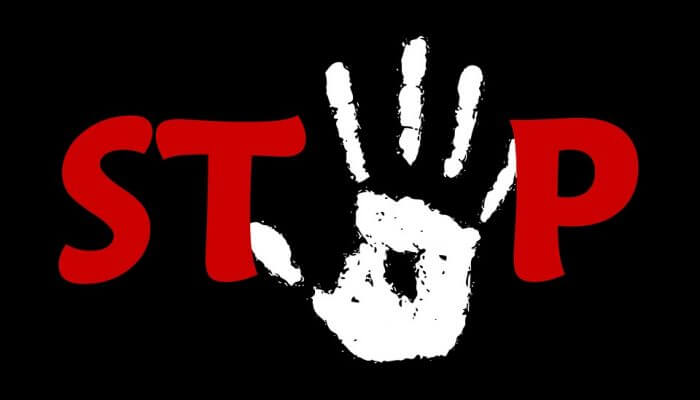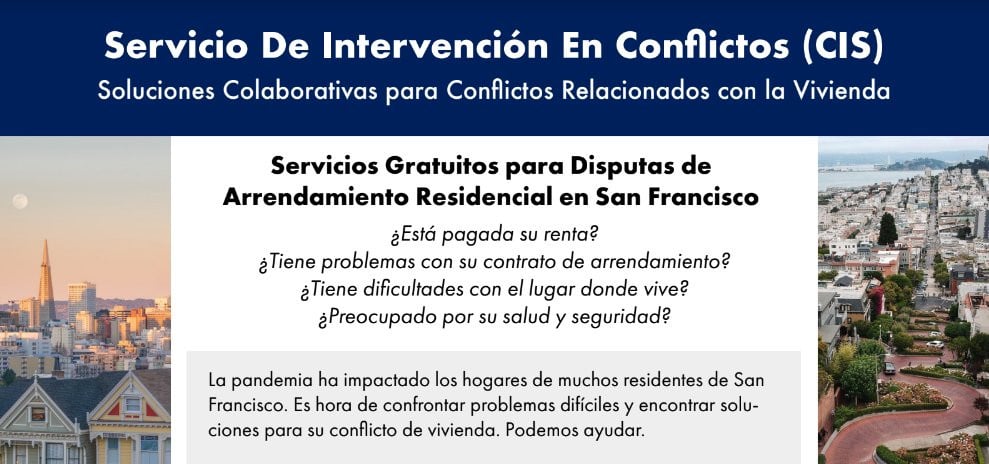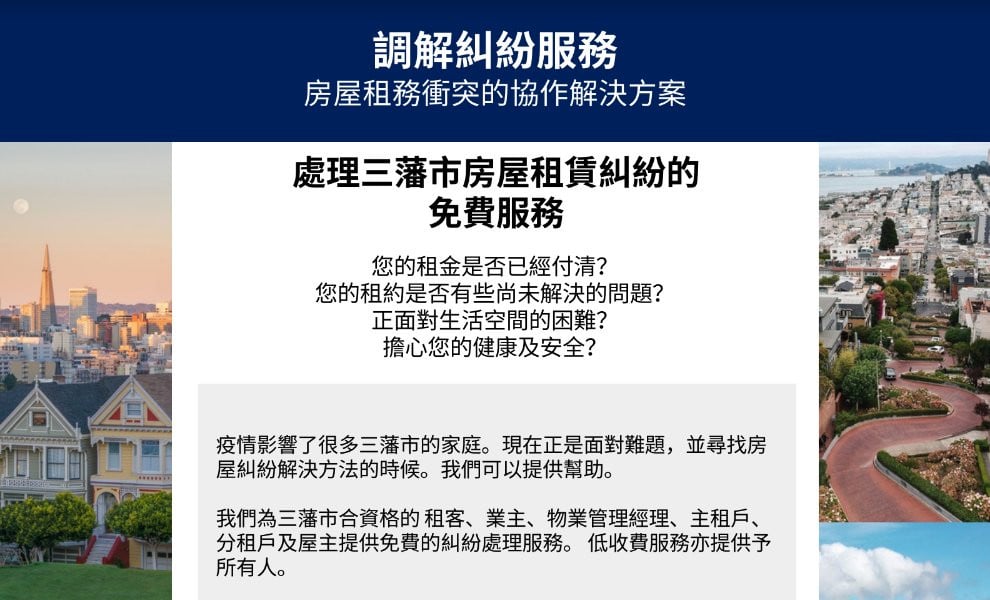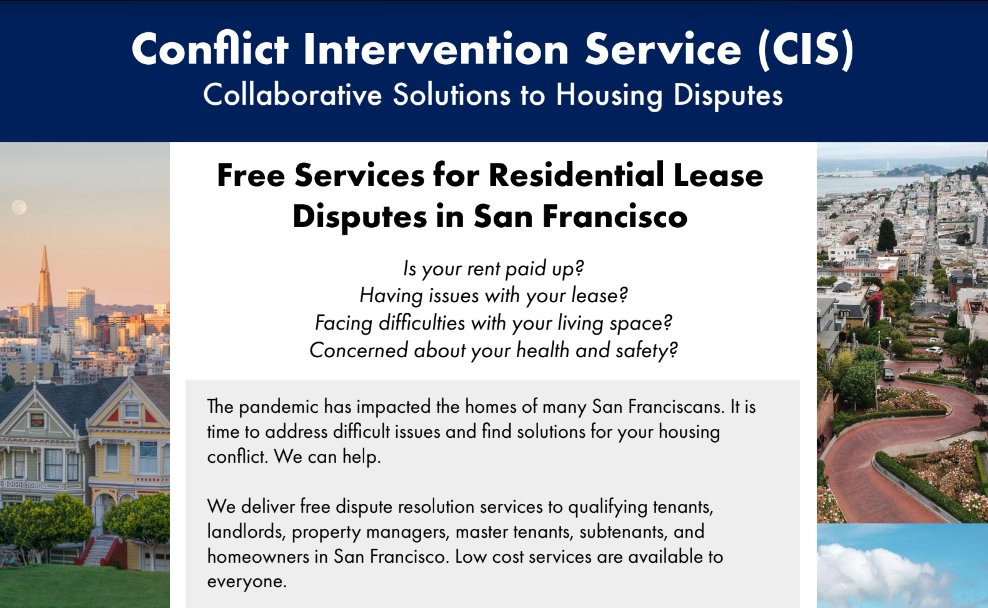Many people do not realize that San Francisco is a “just cause eviction” city.
That means that in order to evict a tenant from a rental unit covered by the Rent Ordinance, a landlord must have a “just cause” reason that is the dominant motive for pursuing the eviction.
There are 15 just cause reasons for eviction under Ordinance Section 37.9(a). The most common are:
- Non-payment of rent or habitual late payment of rent;
- Breach of a rental agreement or lease;
- Owner-occupancy or occupancy by a member of the landlord’s immediate family;
- To perform capital improvements which will make the unit temporarily uninhabitable while the work is being done;
- To perform substantial rehabilitation of a building that is at least 50 years old, provided that the cost of the proposed work is at least 75% of the cost of new construction;
- To withdraw the rental units from the rental market under the Ellis Act;
- Creation of a nuisance or substantial interference with the landlord or other tenants in the building; and
- To demolish or permanently remove a rental unit from housing use.
Some tenancies that are exempt from the rent increase limitations of the Ordinance may still be subject to the eviction controls of the Ordinance, which means that tenants in these categories can only be evicted for a “just cause” reason. This includes tenancies that are eligible for an unlimited rent increase under the Costa-Hawkins Rental Housing Act or Rules and Regulations Section 1.21 because the unit is not the tenant’s principal place of residence. The eviction controls also apply to tenants whose rents are regulated by another government agency such as Section 8 vouchers, Section 8 certificate holders and the HOPWA program which provides Housing Opportunities for Persons With AIDS.
Read more at: http://sfrb.org/topic-no-201-overview-just-cause-evictions







